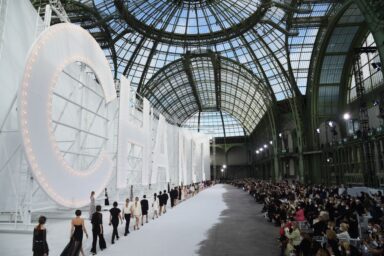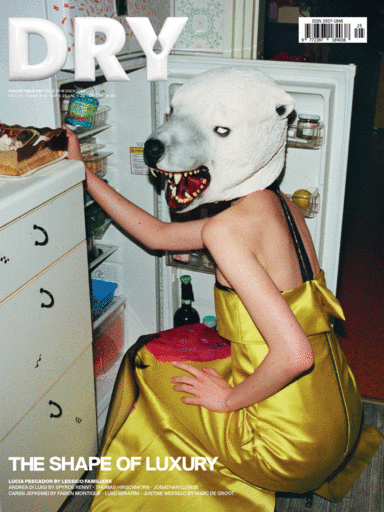Global retailers are reinvesting in Ramadan capsules through e-commerce. Will this be vital in reaching consumers who want to dress up in countries where celebrations are still prohibited?
Text by: Josephine Giachero
This week marks the start of Ramadan, a month of prayer, fasting, and spiritual contemplation observed in the Muslim world. The holiday, especially its closing Eid-al-Fitr festival, is typically a major source of revenue for fashion brands in Muslim-majority countries. Net-a-Porter, Shein, Farfetch, and Zalora are among the e-tailers offering exclusive Ramadan edits or sets starting this month. But not only: even top luxury players like Dior and Prada have delivered special collections right for the occasion, through marvelous kaftans and tailoring.
Last year, Ramadan, which follows the lunar calendar, fell at the end of April, at what was the peak of global lockdowns. Sales from what was usually the biggest shopping event of the year for Muslims were essentially wiped out. The BOF recently reported that as a result of the region’s widespread outbreak of Covid-19, online Ramadan revenues in 2020 increased by 80%, hitting an estimated $1.5 billion in GMV in the UAE and Saudi Arabia combined, as customers were forced to stay at home due to lockdown restrictions. Now, fashion designers and retailers are planning to make up for the lost time in 2021. It’s possible: Dubai’s malls have been open since last summer, and the emirate, along with neighboring Bahrain and Qatar, has been among the best in the world in terms of vaccination. Retailers who rely on the “Ramadan Rush” of Muslim tourists visiting the UK and other destinations, on the other hand, are out of luck. In addition, some of the world’s most populous Muslim-majority countries, such as Indonesia, have been slower to implement vaccinations.

Ramadan capsule collection. Image courtesy of Farfetch
According to an Arabian Business survey, retailers in the United Arab Emirates and Saudi Arabia expect e-commerce revenues for the holy month of Ramadan, which starts today, to exceed $2 billion in gross merchandise value (GMV). Consumers are most interested in buying electronics and apparel, according to a recent survey by RedSeer Consulting. In a festive season that is supposed to be subdued relative to pre-pandemic years, about 48 percent of consumers surveyed were interested in buying apparel and footwear online.
Farfetch has launched a new Ramadan capsule collection of exclusives from 30 Middle Eastern and foreign designers. More than 200 exclusive styles from designers are featured in the edit, which focuses on modest wear including Oscar de la Renta, J.W. Anderson, Marchesa, Carolina Herrera, Tory Burch, and Dion Lee, as well as regional brands such as Sandra Mansour, Sem Sem, Bambah and Shatha Essa.
Edward Sabbagh, managing director of Farfetch Middle East, said in a statement: “For the coming Ramadan season, we wanted to ensure we could deliver a take on modesty with an ‘Only on Farfetch’ angle by working with a variety of global and local brands across core categories that we know to be in demand during the period.”
Expectations from this year’s Ramadan remain unclear, but festive periods might be more essential than ever for the economic development of consumers and retailers alike in regions.


